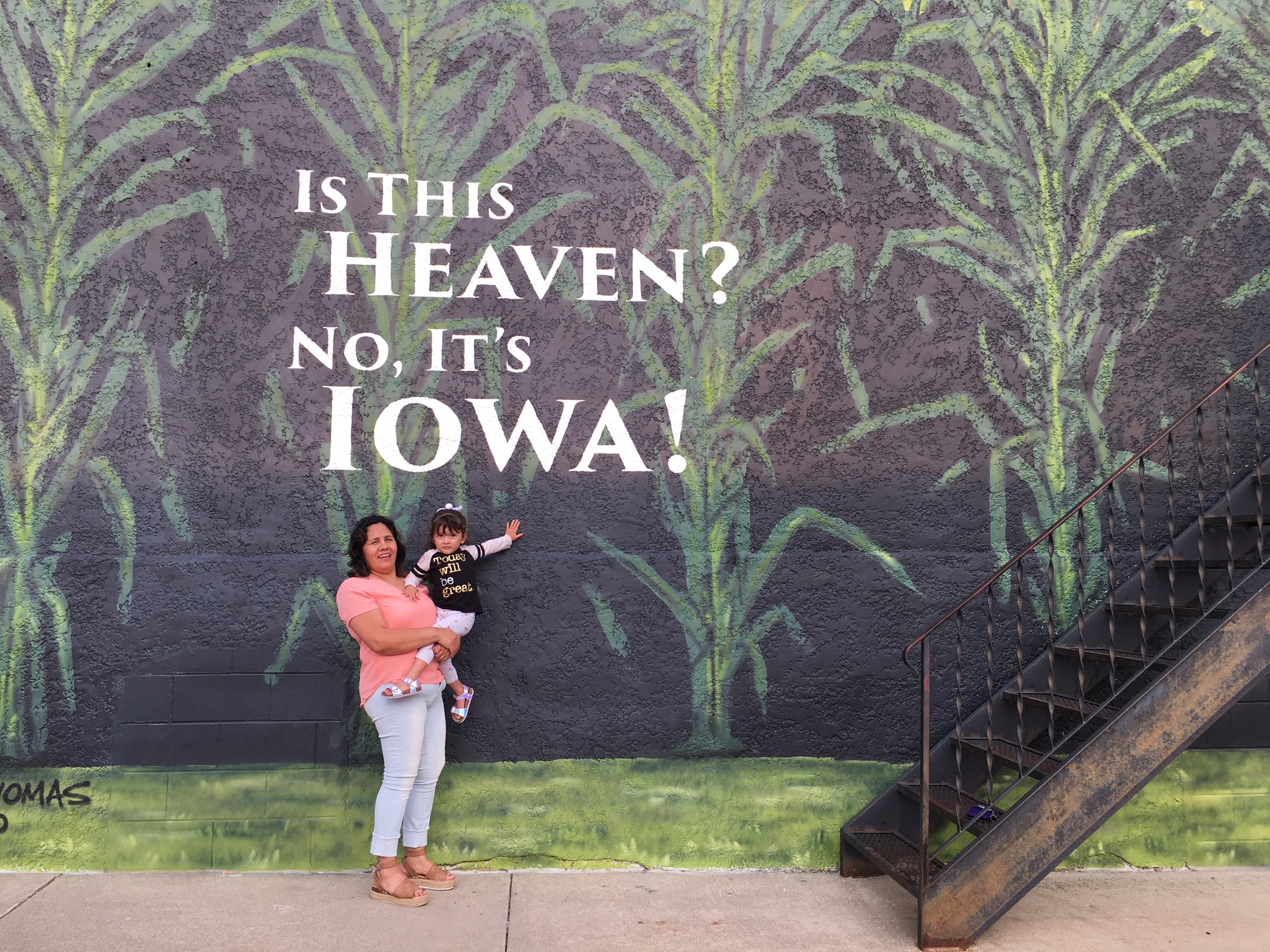Rural equity network launches

Last year, as the country grappled with the George Floyd killing in Minneapolis, leaders in the Dubuque region looked inward to process the pain from this nearby event. Rural leaders reached out to the Community Foundation of Greater Dubuque for help learning about systemic racism as well as equity and inclusion practices.
In response, the Foundation’s Inclusive Dubuque team created and convened a workshop series called Racial Healing that drew dozens of community leaders from its seven-county region: Allamakee, Clayton, Delaware, Dubuque, Jackson, Jones and Clinton Counties. While the series ended in the spring, participants are coming back together as part of a new peer network that will enable them to continue learning and applying that knowledge to local efforts that build welcoming and inclusive communities.
“In surveys with participants, we saw meaningful growth from before the workshops to after, with more people saying they knew what actions they need to take to address injustice and inequity in their communities,” says Clara Lopez Ortiz, the Foundation’s equity coordinator. “Participants are eager to continue their learning and stay connected to one another, so we are launching the Rural Equity Network to deepen their impact.”
During the Racial Healing workshops, more than 50 participants learned through guest speakers, presentations and readings how, over decades, racial inequities were reflected in sectors like housing and employment. Participants were equipped to build local plans for ensuring that everyone’s voice can be heard and all people can thrive.
The new Rural Equity Network will meet virtually every quarter to strengthen collaboration throughout the region around issues of of diversity, equity, and inclusion and building informed, equitable rural communities. The network will be led by Lopez Ortiz as well as Jason Neises, the Foundation’s community development coordinator, and a steering committee of community members from the region. The committee will help guide the topics of each meeting based on their experiences and expertise.
“There is a great opportunity for rural communities to be the leaders of advancing equity in the state of Iowa,” says Neises. “This is an important step for rural communities to be perceived as welcoming and inclusive, and it will create a network where residents can support each other’s work.”
The network is open to anyone committed to advancing equity and continuing their learning. It will serve as a platform for rural communities to connect and share successes and challenges. The first event will be July 28 from 2-3:30 p.m. For more information or to RSVP, contact Lopez Ortiz at clara@dbqfoundation.org or 563-588-2700.
“The challenges our region faces can be complex. Tackling them requires difficult conversations and the ability to sometimes work across differences,” Neises says. “In rural regions, this work comes naturally. We are neighbors above all else, and we do what it takes to make our home a better place.”